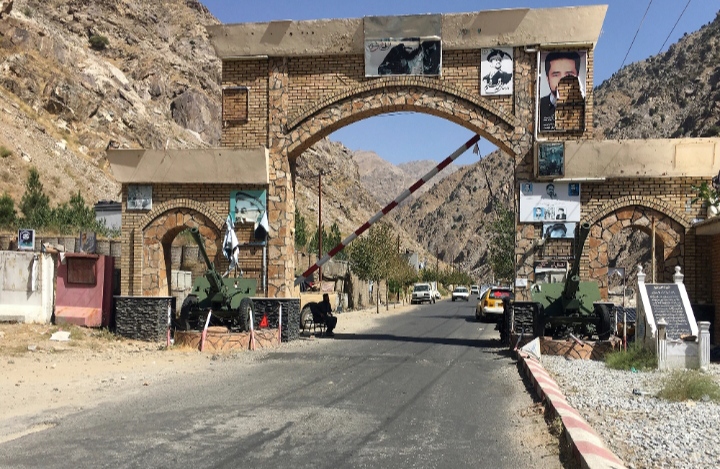RASC News Agency: In yet another alarming display of authoritarian repression, Taliban forces on Monday detained at least 24 civilians in Afghanistan’s Panjshir province without legal basis or due process, local sources confirmed. The arrests occurred on Sunday evening in Anaba district shortly after prayers, and included several individuals who had recently been deported from Iran. Eyewitnesses report that Taliban fighters abruptly rounded up the men, citing vague suspicions over their presence in the area an increasingly common justification used by the regime to carry out arbitrary detentions.
The detainees were initially transferred to a military outpost before being relocated to the central prison in Panjshir. As of now, no official charges have been filed, and no independent legal review has taken place. The Taliban’s continued silence on the motive behind the detentions further underscores the lawlessness that has defined its security practices since retaking power. Relatives of the detainees say they have received only vague promises from Taliban officials that their loved ones would be released “after investigations,” a phrase now routinely used to obscure prolonged, extrajudicial imprisonment.
One resident of Anaba, speaking to RASC on condition of anonymity, said: “There was no investigation, no explanation just men with guns taking people away after prayer. We are living under siege in our own land.” The detentions mark the latest chapter in the Taliban’s sustained campaign of collective punishment and surveillance against the population of Panjshir a region historically known for its resistance to authoritarian rule. Since seizing control in 2021, the Taliban have militarized the province and subjected it to systemic repression, treating its non-Pashtun residents as suspects rather than citizens.
In a move seen by many as further tightening the noose around civilian life, the Taliban’s Ministry of Interior recently announced the installation of surveillance cameras throughout Panjshir. While the regime claims this is meant to ensure “security and public order,” rights groups and residents see it as a brazen tool of control designed not to protect, but to monitor and intimidate. What is unfolding in Panjshir is not merely a security operation but a calculated campaign of suppression, aimed at silencing dissent, criminalizing identity, and extinguishing any remnant of autonomy in one of Afghanistan’s most defiant regions.
Former returnees particularly those expelled from neighboring countries have increasingly become targets of suspicion, and in provinces like Panjshir, they are often presumed guilty simply for coming home. There is growing concern that these detentions form part of a broader strategy by the Taliban to isolate, destabilize, and ethnically profile communities that have historically stood outside the regime’s ideological fold. Despite mounting evidence of human rights abuses, the international community remains largely passive, offering little more than statements of concern while an entire province endures what can only be described as low-intensity occupation under the banner of religious rule.
The people of Panjshir deserve more than silence. Their daily reality marked by arbitrary imprisonment, militarized surveillance, and the constant threat of retribution demands urgent and unequivocal attention from global institutions. If left unchallenged, the Taliban’s unchecked power in Panjshir will serve as a chilling model for oppression elsewhere in Afghanistan.






